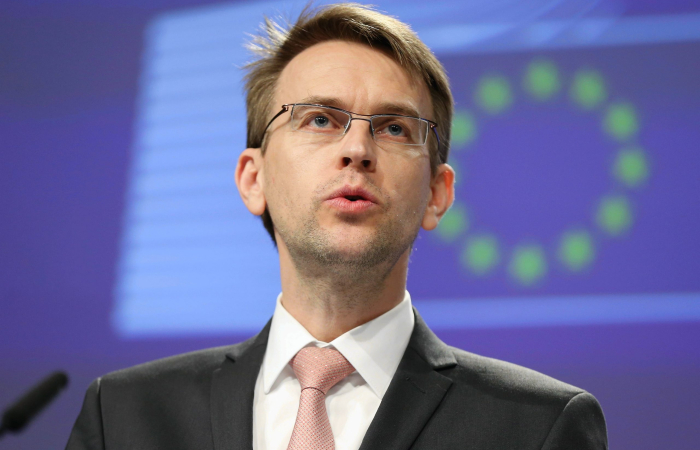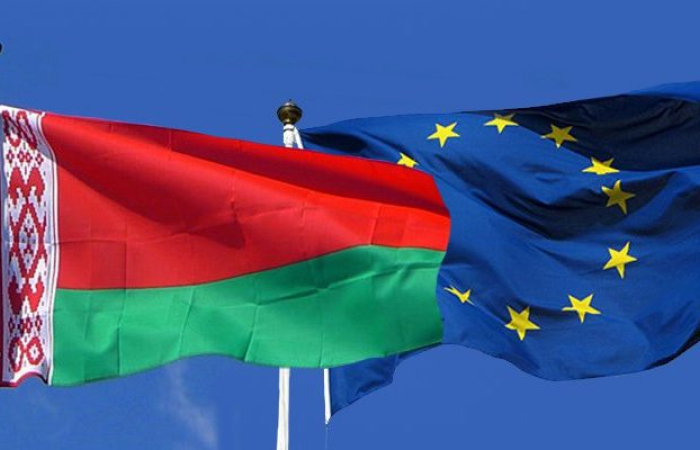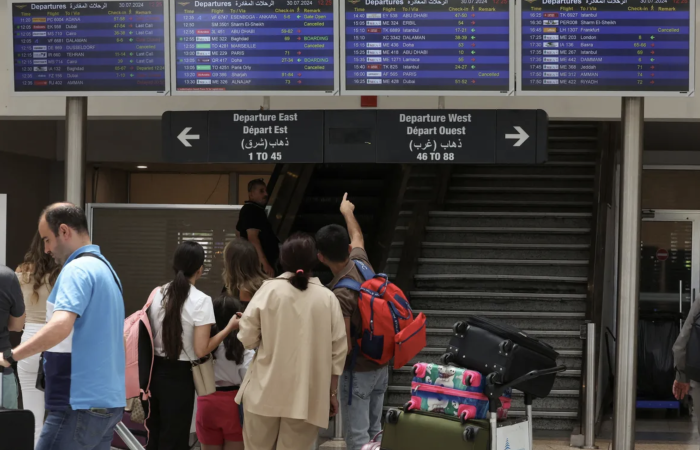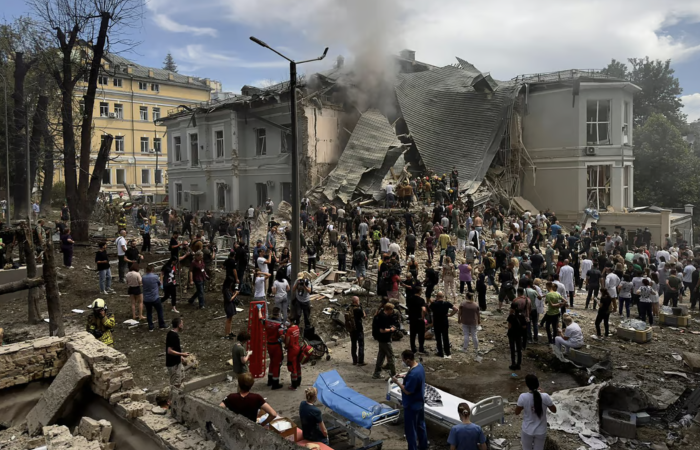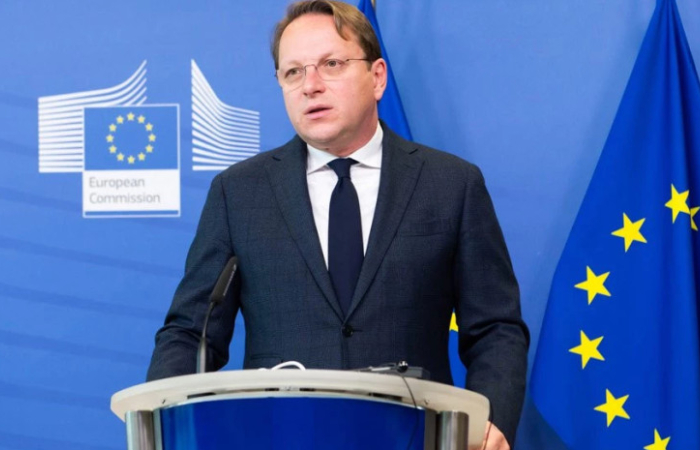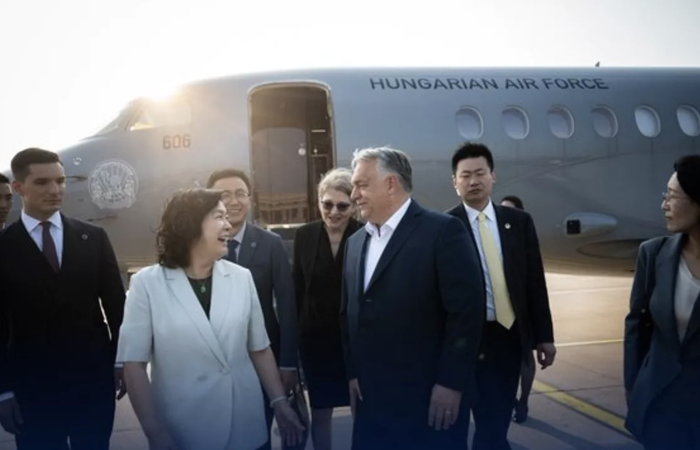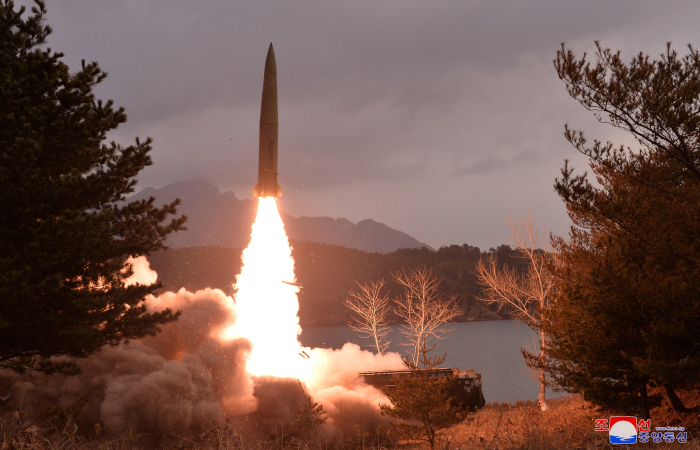Trending
European Union cancels 121 million euros in funding for Georgia
10 October 2024
The European Union has decided to cancel €121 million in funds intended to support Georgia's economic development and its aspirations for EU membership. The decision was confirmed by the EU delegation in Georgia, which said that the growing repression of dissent was the reason for the withdrawal of financial assistance.



